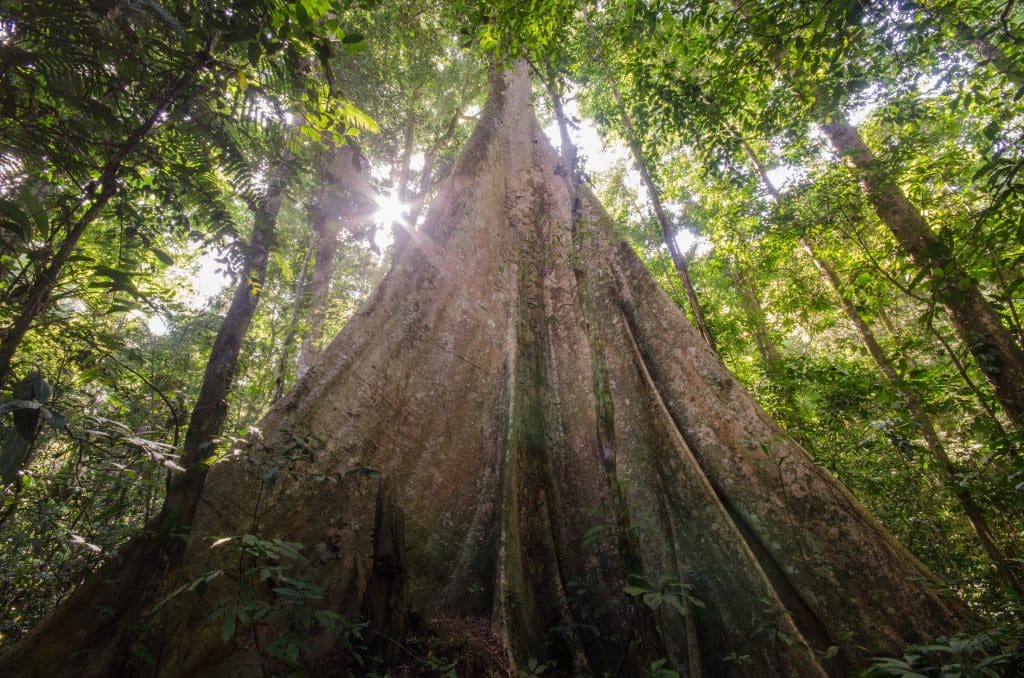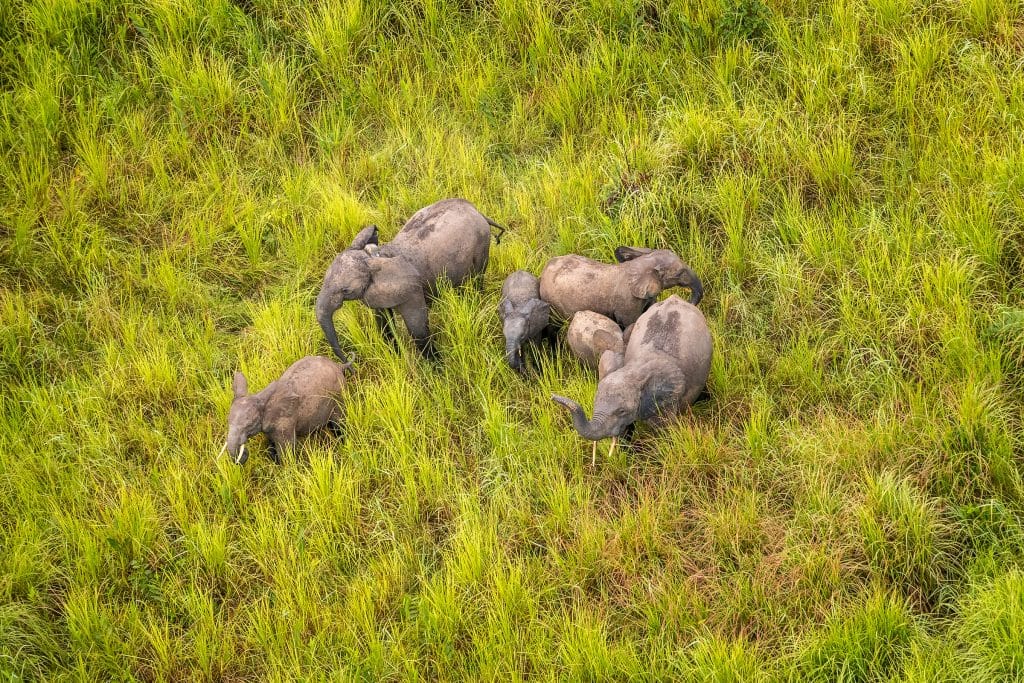Right now, tens of thousands of world leaders, NGOs, scientists, and businesses have converged in Dubai for the annual UN Climate Change Conference—or COP 28, since this is the 28th meeting—to discuss solutions to the global climate crisis and ways humanity can limit global temperature increase to 1.5ºC above pre-industrial levels, in accordance with the UN Paris Agreement. Despite wide cultural differences across our planet, climate change is the single greatest concern that every nation faces together, and COP 28 is a crucial opportunity to convene vital stakeholders to develop strategies to reach net-zero carbon emissions by 2050 and help vulnerable communities adapt to the effects of climate change.
While there are many approaches to mitigating climate change, one solution that needs to be at the forefront of these critical COP 28 discussions is wildlife conservation. A recent study conducted by Yale University and co-authored by 15 international scientists examined nine terrestrial, freshwater, and marine wildlife species, including whales, sharks, sea otters, African forest elephants, and gray wolves. They found that conservation efforts to restore animal populations could significantly reduce the amount of carbon dioxide (CO2) released into the atmosphere. The study also found conclusive evidence that effective wildlife conservation initiatives can capture 6.41 billion tons of CO2 annually. Removing this amount of carbon would account for 95% of what is needed to keep global warming below 1.5ºC.
Research confirms that the climate and biodiversity crises are not separate issues, but interrelated. Prioritizing wildlife conservation and restoring habitats is essential to curbing climate change, as wildlife plays a vital role in the stewardship of landscapes and natural carbon storage. By protecting wildlife and restoring their ecosystems, we can not only preserve nature’s beauty, but protect people around the world from suffering the devastating consequences born from a continued rise in global temperature.
WCN hopes that all delegates and attendees at COP 28 will unite in their resolve to address this global threat and embrace wildlife conservation as a natural climate solution.



